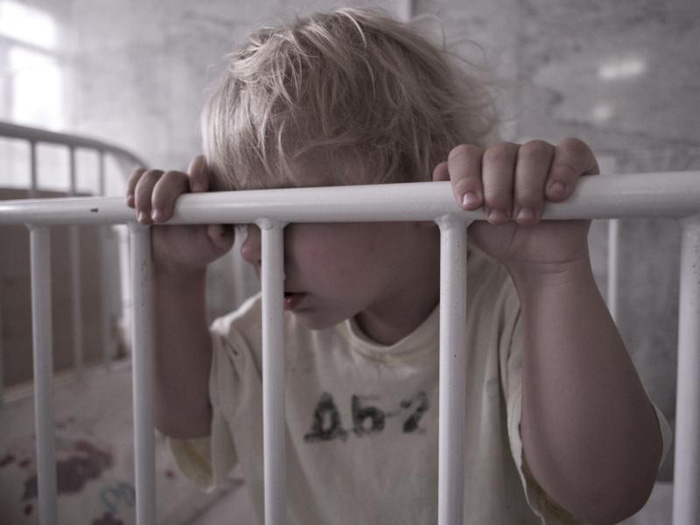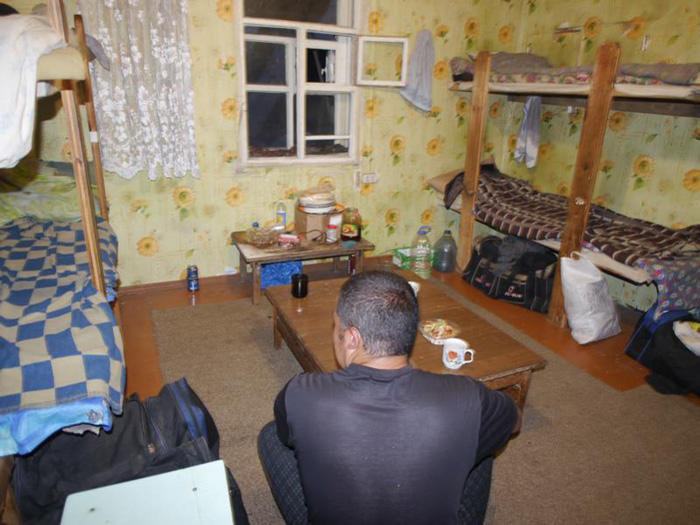After the great opening of ’’The forgotten kids’’ that took place on the 7th of March this exhibition can be seen till 06/05/2014 in Gallery NEUE OSTEN. It includes two reportages from the Siberian industrial city Barnaul telling about orphans and season workers. The photos from Elena Pagel (Dresden, Germany) and the texts from Marina Kochneva (Barnaul, Russia), who know each other since they were kids living both in Barnaul, show the whole truth about the sadness of the social conditions and how a single commitment can mean a ray of hope for this forgotten kids. Further information and photos from the opening event here…
“Forgotten Kids“
Two reportages from a Siberian industrial city presented by Marina Kochneva and Elena Pagel.
07.03 – 06.05.2014
Galerie NEUE OSTEN
Bautzner Str. 49, 01099 Dresden
Vernissage: 07.03.2014, 19 Uhr
Kurator: Elena Pagel
Marina Kochneva (Reporter from Altapress and Barnaul’s Komsomoljskaja Pravda, Siberia, Russia) – Interview, Text
Elena Pagel (freelance artist/Photographer from Dresden, Germany) – Photos
‘’Pediatric Hospital №2‘‘
The Intermediate and Intensive Care Unit for orphans are situated in the same building of the children’s hospital №2 in Barnau, the capital city of Region Altai in West Siberia, Russia. A four years old child was taken away from his alcohol addicted mother and taken to hospital by the police. He was immediately recognized there. He had already been there almost one year before. Back then he was beaten by his mother. The Pediatric Hospital has been forgotten by the state for a long time and doesn’t receive any funds. Since then it remains in misery and poverty: 43 Russian Rouble (1 Euro) are calculated for the daily food portion for each kid. The doctors are badly paid and bring their own incandescent lamps and furniture.

’’A mother for the season workers’’
Ljudmila Petrovna and her husband are from a Russian aristocratic Cossack family. At the moment they live in their farm in Barnaul with one hundred immigrants from the Uzbek city of Andijon. The former soviet compatriots respectfully call the owner of the farm ‘’Mama’’. The venturous woman is the head of their Uzbek ‘’Kazak yard – Caravanserais’’ and that’s why she has often to deal with conflicts with the police, with the migration services or even with the nationalist assessed citizens in order to protect her so called ‘Kids’, the bastards of the Soviet Union.
